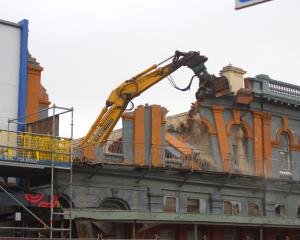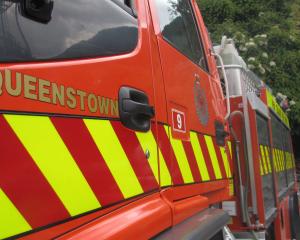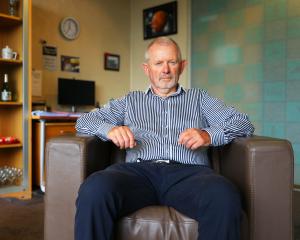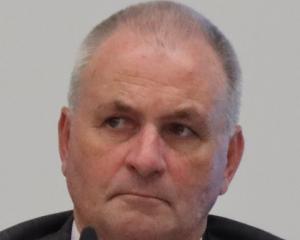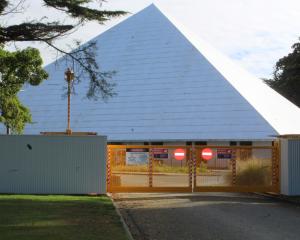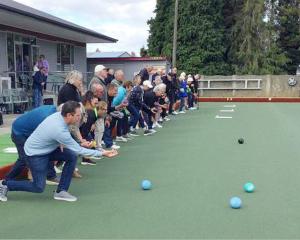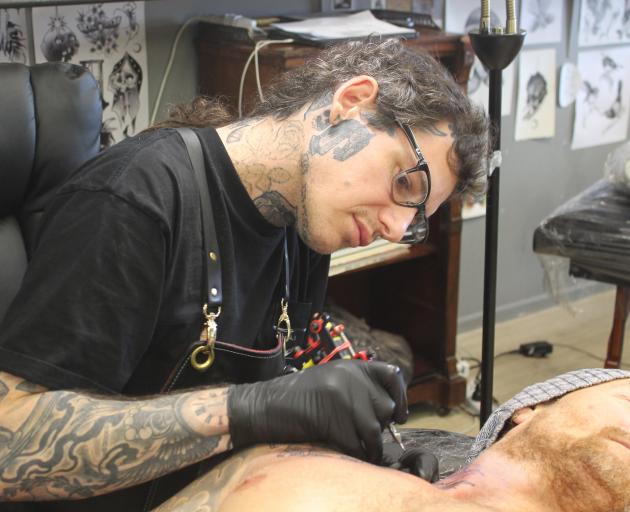
Invercargill City Council regulatory services committee yesterday approved a bylaw which requires anyone doing acupuncture, body piercing, tattooing, semi-permanent skin colouring or electrolysis to be registered and conduct the activity in compliance with requirements.
The first year of registration would be without charge to ensure as many of the premises affected were registered before the fee was imposed.
The recommendation would be presented to the full council at the end of the month.
Throne Room Tattoo owner Heath Sellars said the bylaw would mostly affect professionals who were already complying with the health and hygiene rules.
He believed tattoo artists who work from their homes could continue to operate ''under the radar''.
Mr Sellars said he tried to talk to the council about points which ''did not make sense or were incorrect'', but had had no feedback.
We Wicked Few Tattoo owner Aaron Trent agreed and also attempted to clarify some conditions of the bylaw.
''We went to a consultation years ago and they were less interested in what should be in it and more interested how much we were willing to pay.''
He believed the guideline would not solve the real problem of people tattooing without instruction. He also said the wording of the document was ''highly subjective''.
''This seems to me just a revenue-gathering exercise.''
Council executive officer Andrew Cameron said the bylaw was aimed at all operators, including those who worked from home.
He said the only way in which the bylaw could be implemented effectively was to have a means of identifying operators, in this case, by requiring all premises to be registered.
''We will need members of the public to inform us of operators who are not registered. The bylaw includes a definition of 'premises' which includes operators' homes.''
Mr Cameron said the council was aware that some operators did not agree with the proposal but believed it was a prudent approach.
However, the council had agreed to review the performance of the bylaw in 12 months.
If approved by the full council, the new rules would be effective from July 1.


